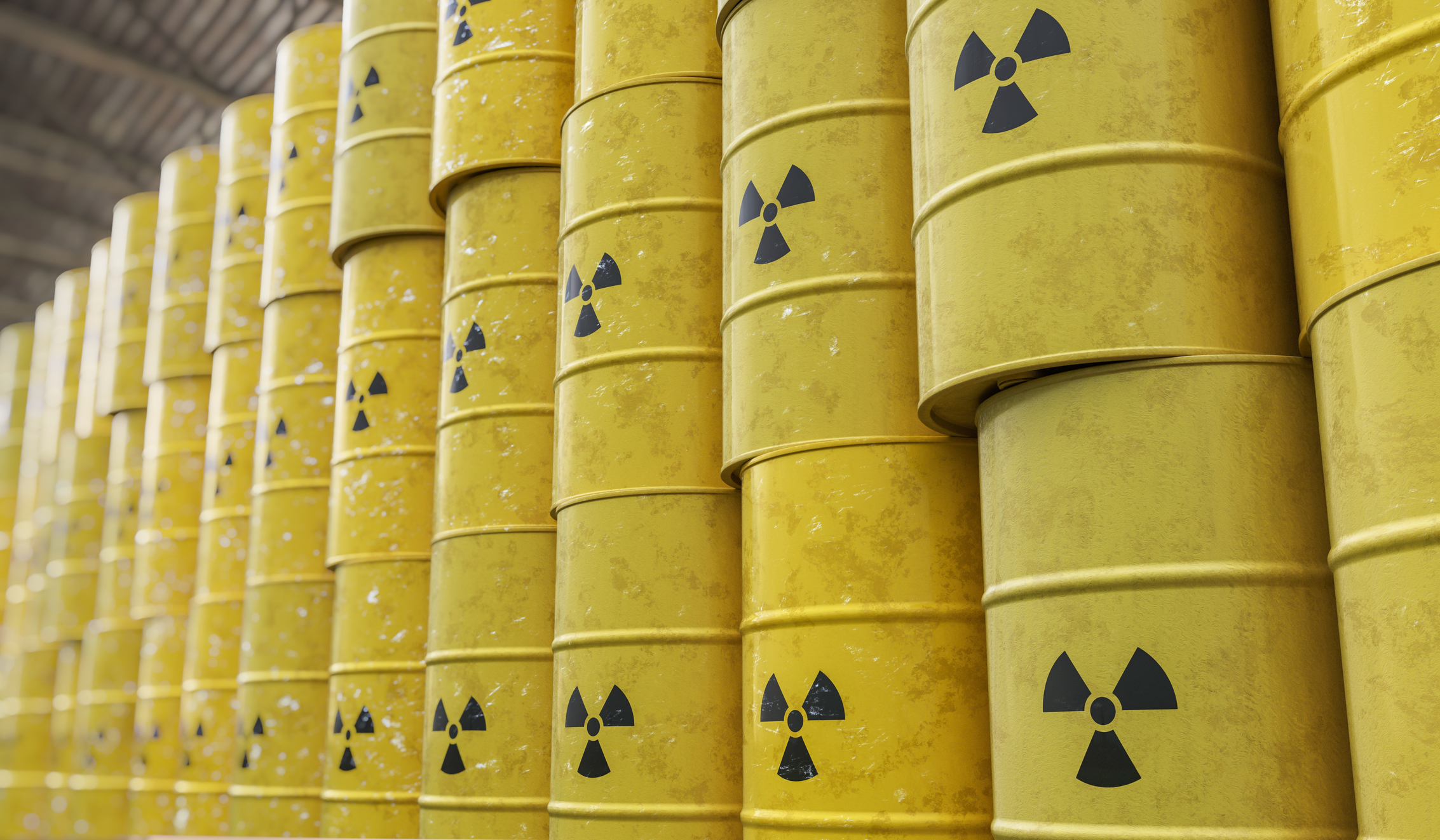- Total News Sources
- 1
- Left
- 0
- Center
- 1
- Right
- 0
- Unrated
- 0
- Last Updated
- 219 days ago
- Bias Distribution
- 100% Center


Harvard Study Confirms Higher Cancer Risk for Missouri Children Near Nuclear Waste
A new study from Harvard University found that children who lived near Coldwater Creek, Missouri, in the mid-20th century, where radioactive waste was dumped during the development of the first atomic bomb, faced a significantly higher risk of developing cancer later in life. The research, published in JAMA Network Open, analyzed data from 4,209 participants of the St. Louis Baby Tooth–Later Life Health Study and revealed a dose-response effect: those living closest to the creek had up to a 52% higher chance of developing solid cancers and an 85% higher risk for radiation-sensitive cancers such as leukemia and thyroid cancer. Approximately 30% of residents living less than one kilometer away reported cancer compared to 24% of those living more than 12 to 20 kilometers away. The findings validate long-standing community concerns and coincide with the expansion of the Radiation Exposure Compensation Act (RECA) under the Trump administration, which now offers financial support to affected individuals. This study fills a gap in radiation research by focusing on the impacts of low-level exposure, contrasting previous studies centered on survivors of high-dose radiation events. In contrast, a separate UK study found no increased risk of childhood cancers near nuclear power stations, highlighting differences in exposure levels and historical contamination.

- Total News Sources
- 1
- Left
- 0
- Center
- 1
- Right
- 0
- Unrated
- 0
- Last Updated
- 219 days ago
- Bias Distribution
- 100% Center
Stay in the know
Get the latest news, exclusive insights, and curated content delivered straight to your inbox.

Gift Subscriptions
The perfect gift for understanding
news from all angles.
